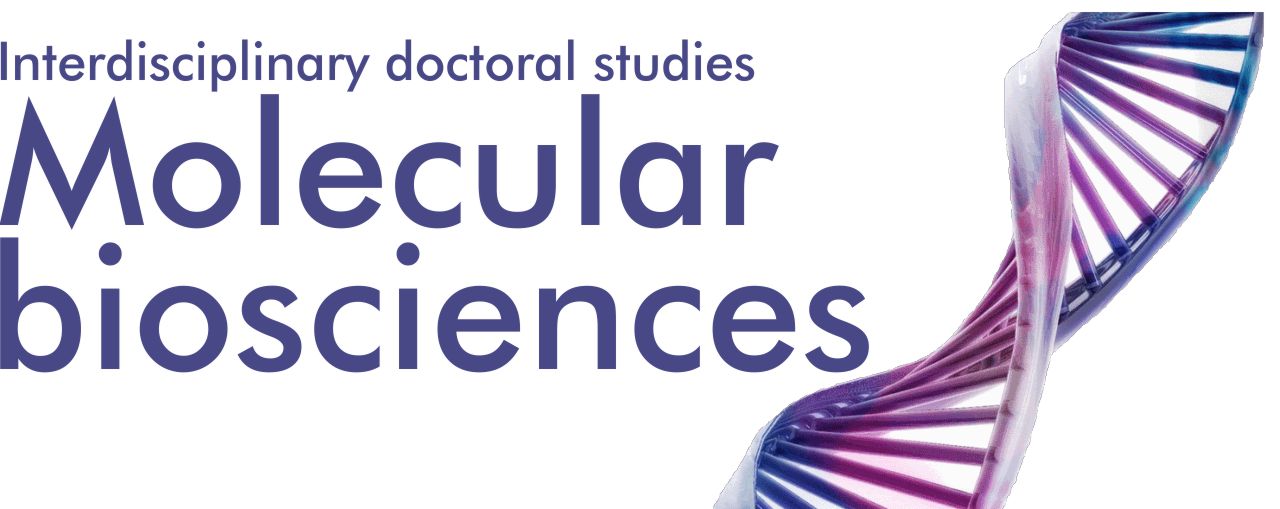| Cipher: | 2611 |
| Nomenclature: | Molecular bases of metastasizing |
| Study programme: | Molecular biosciences |
| Module: | Biomedicine |
| Case holder: | Assoc. prof.dr. sc. Maja Herak Bosnar, zn. Counsellor |
| Institution of the case holder: | Rudjer Boskovic Institute, Department of Molecular Medicine |
| Contributors - Contractors: | |
| Subject status: | Electoral College |
| The year in which the case is submitted: | Year I |
| The semester in which the case is submitted: | Semester II |
| Subject objective: | To know the latest scientific developments regarding the emergence and spread of metastases as the main cause of mortality in patients with tumor diseases. Understand the molecular mechanism of the emergence and spread of metastases, the principles of techniques used in research, the latest developments in the diagnosis and treatment of metastases, and the link between the achievements of basic research with the needs in diagnostics and treatment. |
| Case contents: | Topics: 1) Basic processes of metastasizing (separation from the starting tissue, penetration into the bloodstream, settlement of distant tissues and organs), 2.) metastasizing suppressants, in particular the nm23/NDPK gene, 3.) the role of adhesion molecules (catechin, cadherin, integrin) and Rho-GTP-aza in metastasizing, 4.) metalloproteinases and their inhibitors, 5.) non-innovation, 6.) overview of the latest techniques in the investigation of molecular mechanisms of the formation and spread of metastases (micro and macrochips) 7.) the latest findings in the diagnosis and treatment of metastases. 8.) practical presentation of visualization of adhesion molecules and metastasizing suppressors using fluorescent immunocytochemistry and technology using green fluorescent protein and fluorescent microscopy and practical presentation of basic techniques for detecting cell invasiveness in culture. |
| Learning outcomes: competences, knowledge, skills that the subject develops: | 1. Analyze the basics of the metastasizing process (the way in which these processes take place and the molecules involved in these processes). |
| ECTS Credits | 3 |
| Lectures | 5 |
| Seminars (IS) | 0 |
| Exercises (E) | 10 |
| Altogether | 15 |
| The way of teaching and acquiring knowledge: | |
| Ways of teaching and acquiring knowledge: (notes) | |
| Monitoring and evaluating students (mark in fat printing only relevant categories) | Attendance, Teaching activities |
| Rating method: | Written exam |
| Mandatory literature: | 1. Deželjin and Herak Bosnar. Metastasis - recent scientific insights and challenging new therapeutic approaches. Periodicum biologorum 114: 453-459, 2012. |
| Supplementary (recommended) literature: | 1. De Franceschi et al. Integrin traffic-an update. J Cell Science 128, 839, 2015. |
| How to monitor the quality and performance performance (evaluation): | The quality and performance of the course would be accompanied by an anonymous questionnaire with suggestions for improving teaching. The success of the course will be evaluated annually by the joint expert committee of the Rudjer Boskovic Institute, the University of Dubrovnik and the University of Osijek. |
